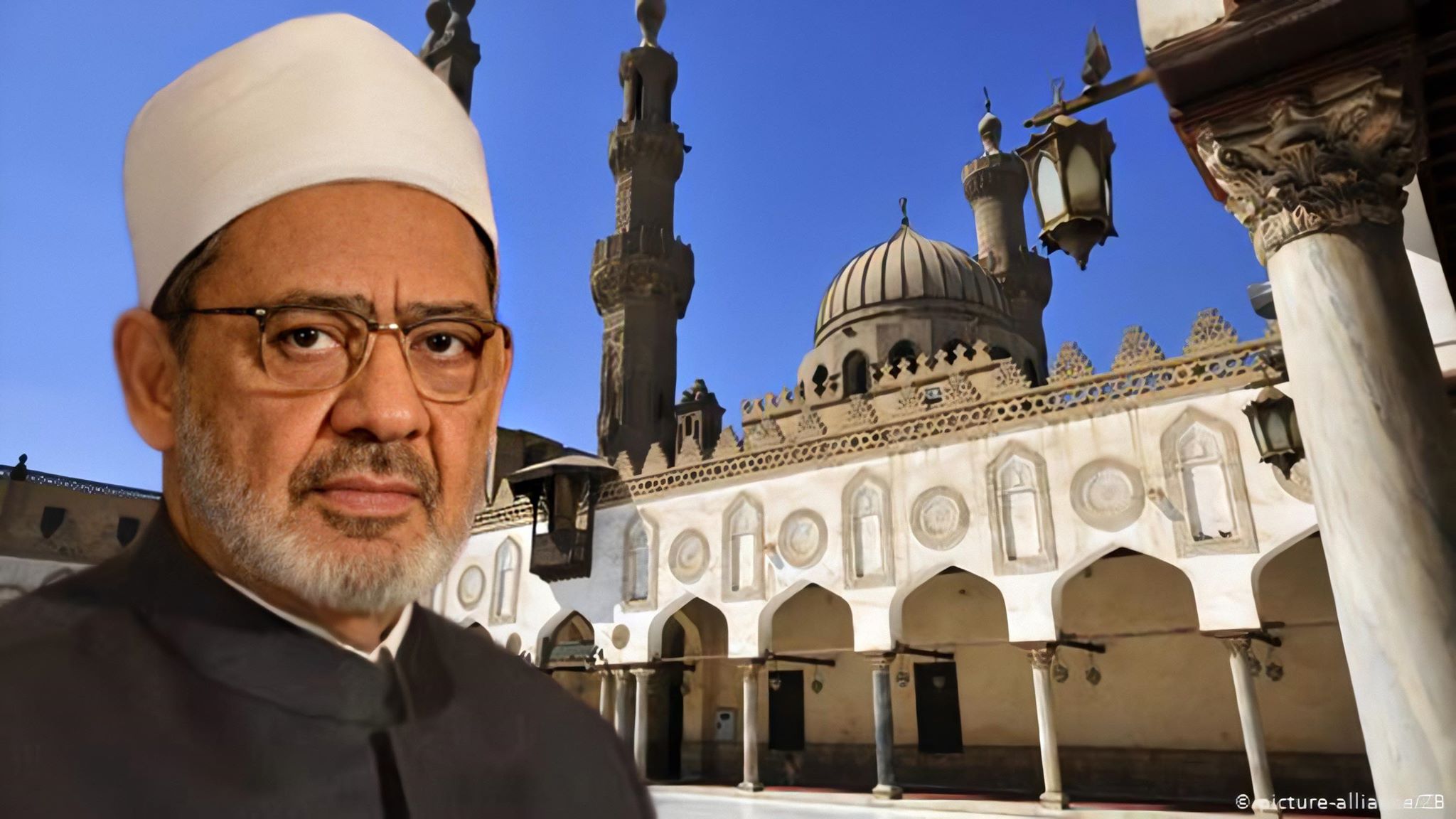In 2015, the Ramadan season included more than 30 series, with various producers and artistic content. In Ramadan 2021, in light of the monopoly of United Media Services, the Ramadan drama arena appeared devoid of its diversity.
The intelligence-owned company Synergy controls the market completely, as its works are shown on the channels owned by the same company. Simultaneously, some dramas are left to be shown under its tutelage and with approval from the military intelligence.
The reality of the control of Abdel Fattah Al-Sisi’s military intelligence on the media scene today is the product of a long path. The most prominent evidence of this theory is what Al-Sisi revealed when he said that he was envious of the late President Gamal Abdel Nasser for his media, which was established by the state and was under its full control. This began with the emergence of a company called Egyptian Media Group in the General Investment Authority. This company will then be entrusted with the task of restoring Nasserist media.
Specifically, in May 2016, news came out that Egyptian businessman Ahmed Abu Hashima, the group’s president at the time, had bought all the shares of ONTV. Then, in January 2017, the General Intelligence, through its investment fund Eagle Capital, acquired Abu Hashima’s share of Egyptian Media Group. Starting from this date, the Egyptian Media Group will devour everything in its path. The group bought private Egyptian satellite channels. Among them was the Al-Hayat TV in July 2018, and two months later, it bought 51 per cent of the shares of CBC TV.
Egyptian Media Group has turned into the largest media empire in Egypt, including television networks, newspapers such as Al-Youm 7 and Sout Al-Ummah, and dramatic and cinematic production companies as Synergy and advertising and marketing agencies. That monopoly placed the dramatic and cinematic artistic production market under the grip of the military intelligence.
In the Ramadan 2021 season, there were three dramatic works produced by Synergy. One of them, Counterattack, is described as one of the new military intelligence files about the period of the January revolution and the plots that were hatched over Egypt. The second series is Cairo-Kabul, which talks about terrorism. The third is The Choice 2, about policemen’s heroism confronting what they claim to be the Muslim Brotherhood’s terrorism. Therefore, since the intelligence apparatus monopolised all the media, it has become customary for massive production works to glorify the role of the army and the police in Egypt at the expense of other artistic works.
Perhaps the crisis of the Pharaonic historical series Ahmose was a severe blow to the intelligence services this year, after its promotional advertisement was subjected to severe criticism, which prompted those responsible for it to pull it. Through Ahmose, the intelligence services sought to produce a historical series that kills two birds with one stone, the first of which was the glorification of the army and its defence of Egypt from the Pharaohs until Al-Sisi. The second is to promote the Pharaohs as patriots, as an alternative to the nationalism of Gamal Abdel Nasser and the Islamism of the MB. There was also a third goal, to polish Al-Sisi’s regime and its projects, in conjunction with the procession of transporting mummies, and to open new museums, the most recent of which is the Museum of Egypt’s Capitals in the New Administrative Capital, which the Minister of Antiquities announced on April 7, 2021.
According to researcher Saeed Al-Sayed, Al-Sisi’s “obsession” with controlling television broadcasts in Egypt prompted him to delegate to intelligence officials the choice of what should be broadcast to the Egyptians. Al-Sayed does not overlook that government censorship was in place before Al-Sisi’s era. Still, he points out, at the same time, that the authority during the reign of Hosni Mubarak used to authorise serials and films with themes of corruption and police brutality, which is no longer permissible. It is required to show just good police officers.
The Egyptian researcher marveled at Al-Sisi’s conviction that old films that depicted security men as rude and the evils of police officials were a factor in feeding Egyptians’ protests against the police in January 2011. The Egyptian director Islam Assi considers that “the absence of awareness continues in the media, drama, political life and everything.” He noted that “what we see is not a new policy, but the regime’s approach since the 2013 coup until now.” He adds: “Glorifying the army and police, the war on terror, and the betrayal and demonisation of the opposition, etc., is the case for most Ramadan series this year. It is just clearer after the Egyptian Media Group, affiliated with the intelligence services, took control of most Egyptian drama markets.”





Recent Comments